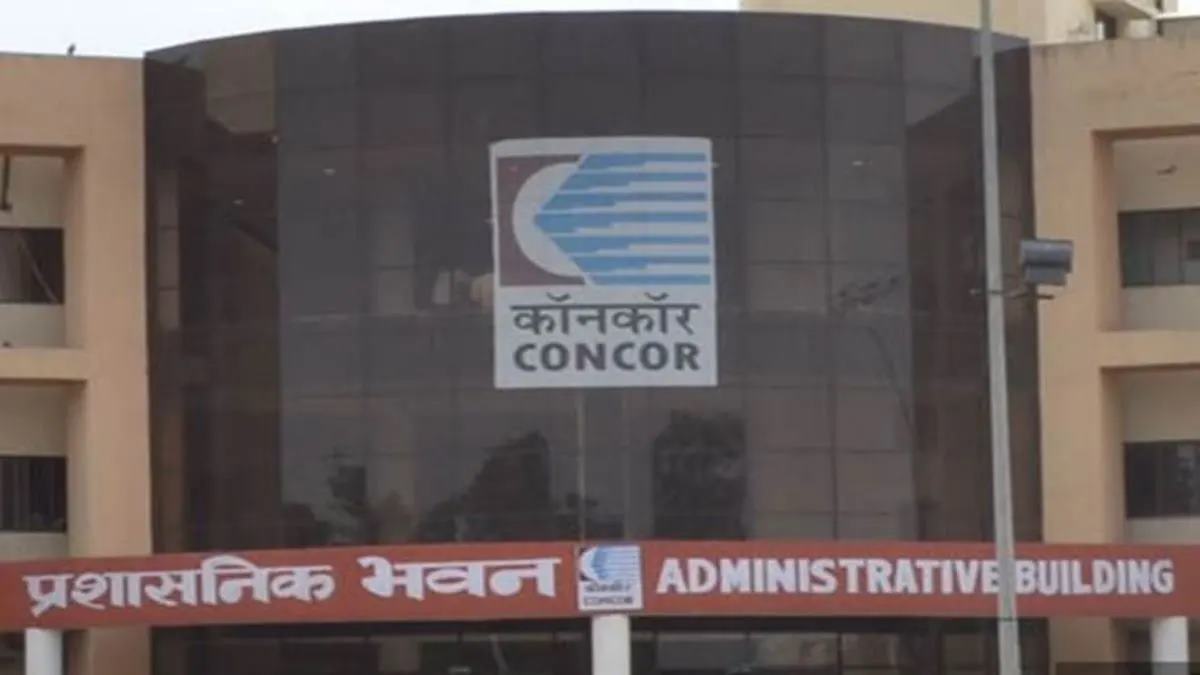12 Sep , 2022 By : Monika Singh

Even though the railways’ new land licensing fee (LLF) policy has set the ball rolling for privatisation of Container Corporation (Concor), the transaction will likely fructify only in the next financial year. This is because it is difficult to complete all the processes by March 2023.
The disinvestment, the process for which was to start early this year, was held up due to the delay in rolling out of the new LLF policy. The department of investment and public asset management (Dipam) will factor in the changes in the LLF policy that will be operationalised in three months and seek investor feedback, before floating expressions of interest (EoIs). These processes leading to transaction conclusion could take up to a year, a senior official told FE.
As per the new policy approved by the Cabinet Committee on Economic Affairs (CCEA) last week, LLF will be 1.5% of the land value for new land parcels for setting up cargo businesses, down 75% from now. Also, the lease period will be 35 years, instead of five years.
However, the railways land will be allotted for new cargo terminals to an operator who offers to give the highest share to the railways from terminal charges and terminal access charges. These will eventually make the overall rentals higher than 1.5?pending on how aggressive the bids are.
As far as the existing players such as Concor are concerned, they have the option to switch to the new lease policy for their terminals to avail themselves of the benefit of the lower licence fees. However, to get new leases, they have to now bid on the basis of terminal access and terminal charges to be shared with the railways and compete with private players.
Bidding on terminal charges have hitherto been among private players only, while Concor as a public sector undertaking has been exempt from such charges.
Of course, since Concor has invested and developed terminals on rail land parcels, it still has the right of the first refusal in case of existing terminals, where they have to merely match the highest bid by a private operator to secure the lease rights. So, the chances of aggressive bidding from the private sector for Concor’s existing assets when the licences comes up for renewal are slim, an official said.
So analysts feel the new LLF policy may be neutral for Concor in the final analysis. Officials, however, say that since the firm already has a 70% share in the rail container business in India, it may gain in the long run, thanks to the right of first refusal and the slashed rentals.
“The comprehensive policy will be drafted in 90 days but the amendment will likely benefit new land parcels. For older terminals, they have to be first surrendered and then re-bid to claim the 1.5?e. Concor will likely stay away from the bidding process and, thus, stay with earlier LLF rates,” ICICI Direct said.
Even though the Concor scrip soared over 15% to a new 52-week high of 771.4 on September 9 (BSE), further clarity in the comprehensive LLF policy will guide potential buyers on the valuation of the firm. The government plans to sell 30.8% stake worth about `14,126 crore at current market prices out of its 54.8% holding in Concor along with management control to a strategic buyer.
It was only in April 2020 that the railways notified an LLF regime for industrial use of its land and extended it to its arm, Concor, for annual LLF at 6% with a 7% escalation each year. Until then, Concor had been paying land lease rentals to the transporter on a per-container (20-feet equivalent unit container) basis, which entailed a much lower outgo.
The new regime has proven to be expensive for Concor – from Rs 120 crore in FY20, the land rentals shot up to Rs 520 crore in FY21. It paid Rs 465 crore as LLF charges in FY22 as it restructured some terminals. Out of 60 container depots operated by Concor, 24 are situated on railway land.
0 Comment